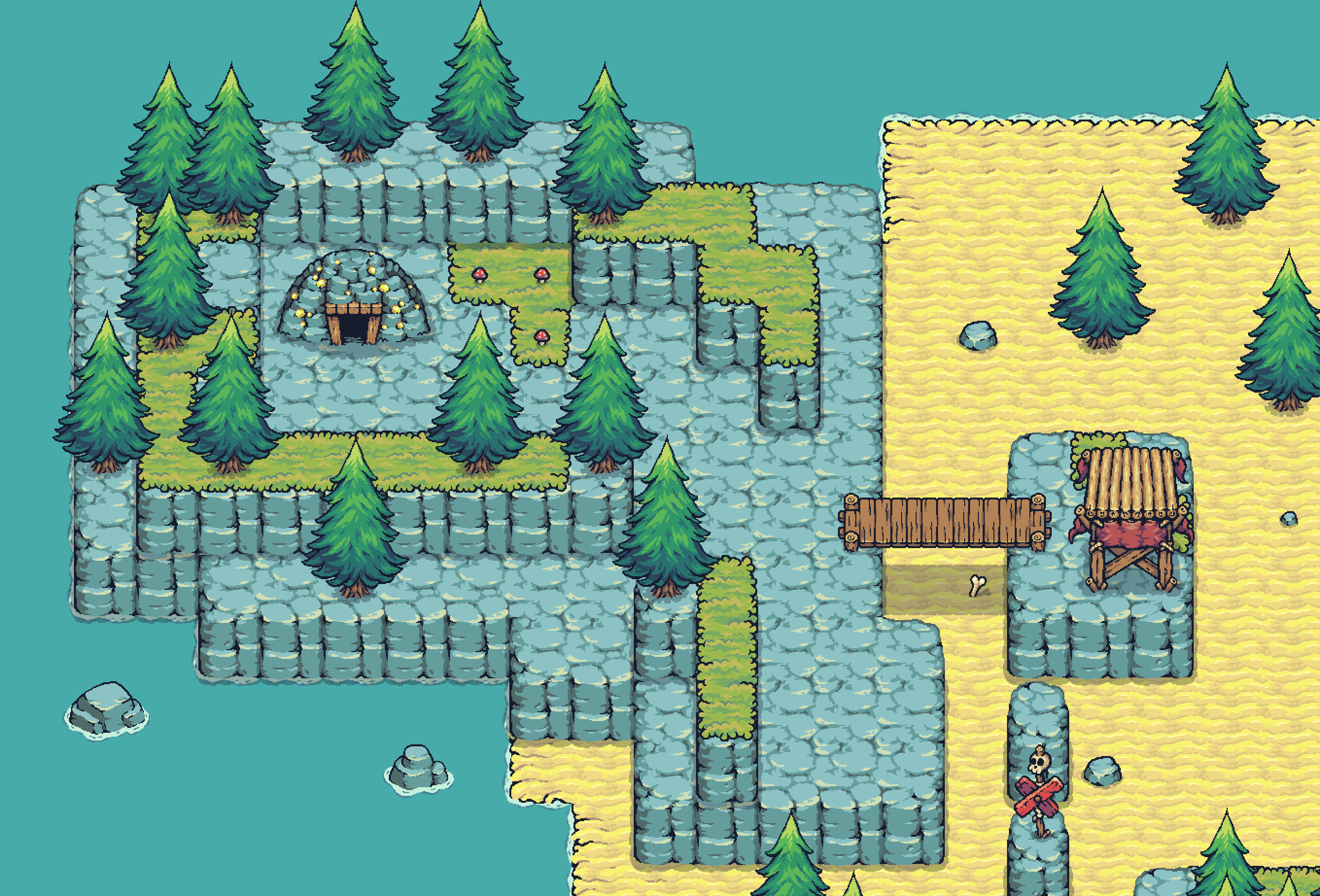The Art of Indie Game Development: Lessons from Our 4 Months
As we approach our first four months as Wrinkled Brain Games, it’s hard not to reflect on the incredible journey we’ve been on. Building an indie game studio from the ground up has been equal parts exhilarating and terrifying, educational and humbling.
The Freedom and Responsibility of Independence
Starting an LLC
What an interesting learning experience. Could not have done it without Northwest Registered Agent and ChatGPT!
Creative Freedom
One of the biggest advantages of being indie is the complete creative control. While deciding on features to include in Wildermine, we didn’t need to run it past a committee or worry about focus group testing. If we believe in an idea, we can pursue it.
Work Work
There’s so much that goes into making a game. Designing gameplay and systems, creating art, writing code.
But that’s just the game itself.
Behind the scenes there’s DevOps, CI/CD pipelines, cloud infrastructure (qa and production environments, frontend, backend, databases, storage), and yes, building and populating with content this very website you’re reading now. It’s a massive effort.
Wrinkled Brain Games and Wildermine are labors of love but also incredibly rewarding. Can’t wait to get Wildermine into players’ hands.
Help From Talented Creators
Art Assets from Pixelfrog
Pixelfrog is a super talented pixel artist. Absolutely love their Tiny Sword asset pack.
Game Inspiration from @FirebelleyGames
Check out the super talented developer — Firebelley — Youtube channel @FirebelleyGames.
Learn how to develop games in Godot from Firebelley’s site https://godotcourses.com or on Udemy https://www.udemy.com/user/firebelley-games.
Check out Firebelley’s upcoming title Alchemortis on Steam.
Key Lessons Learned
1. Scope Creep is Real
There are so many cool ideas and mechanies we could add to Wildermine. Learning to ruthlessly prioritize features has been crucial.
Before: “Let’s add House and Tower upgrades! Let’s create video logs and short forms videos of the development process!”
After: “How can we get 60 official levels created and have the game launched before the end of the year?“
2. Community Building Starts Day One
We initially thought we’d start marketing when our games were 90% complete. Wrong! Building an audience is a long-term investment that pays dividends throughout development.
3. Playtesting is Important
When players start to interact with the game they will likely discover all kinds of edge cases we didn’t catch during development and our own play testing. The other aspect that is hard to capture is getting a feel for how the game performs on a multitude of devices. Screen sizes, network speeds, device memory and cpu horsepower. The variety of devices to test against is mind boggling. We will do our best to keep up with bug reports!
The Indie Advantage
Rapid Iteration
When a tester suggests a change, hopefully we can implement and test it the same day. If the fix is straightforward, thanks to our CI/CD pipeline as well as QA/PROD environments, we should be able to rollout changes and fixes at a regular cadence. This rapid feedback loop is our superpower.
Personal Connection
Every email we receive from a fan goes directly to the team. This direct connection with our audience keeps us motivated and grounded.
Looking Forward
As we head into the final months of the year, we’re excited about:
- Launching our first game to the world
- Building lasting relationships with our gaming community
- Starting our next game to bolster our suite of titles
Advice for Aspiring Indie Devs
- Start smaller than you think — your first game won’t be your magnum opus, and that’s okay
- Document everything — you’ll forget why you made certain decisions
- Take care of yourself — sustainable development practices prevent burnout
- Find your community — other indie devs are incredibly supportive and knowledgeable
The indie game development journey is not for the faint of heart, but for those who love creating interactive experiences, there’s nothing quite like it.
What questions do you have about indie game development? Drop us a line — we love talking shop with fellow developers and curious gamers!
